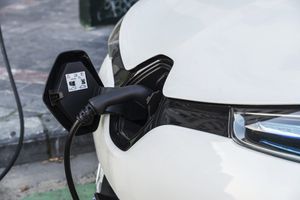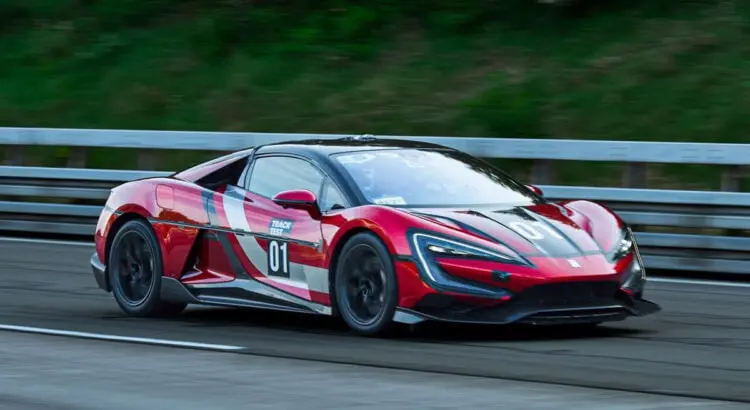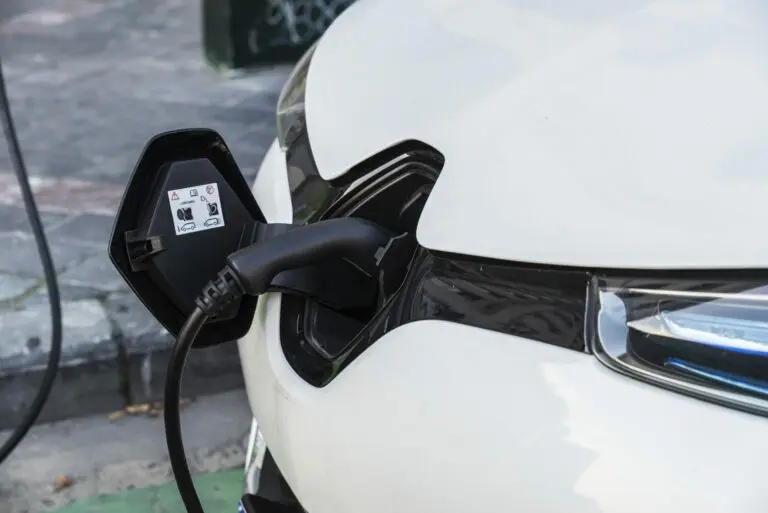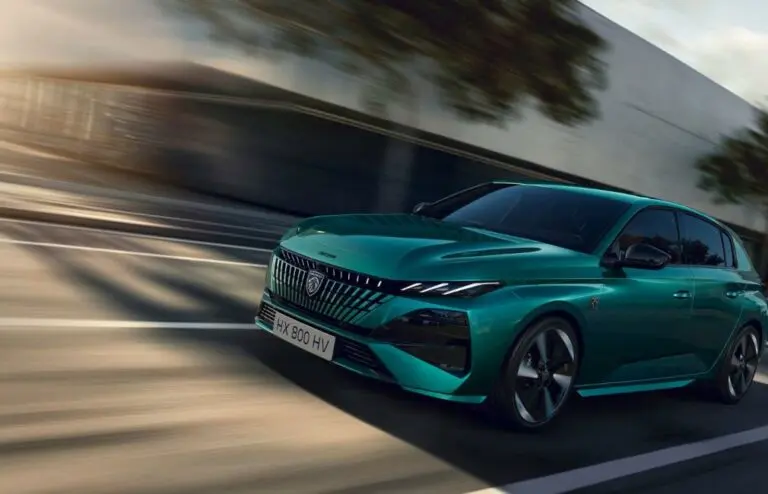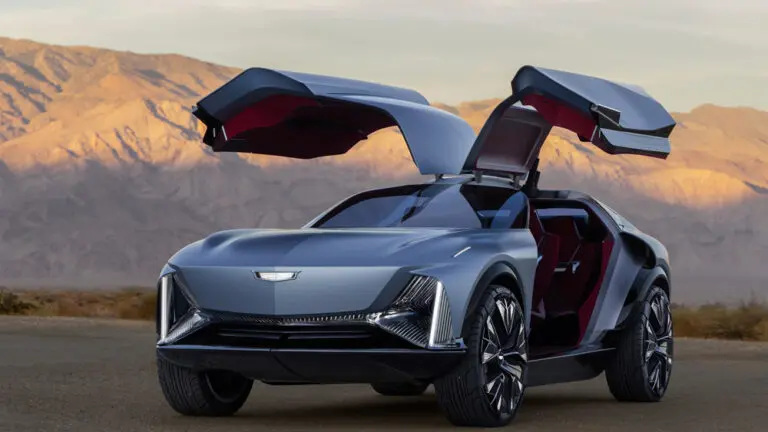European carmakers are calling for environmental rules to be relaxed. In their view, the CO2 emission reduction targets set by the European Union are now out of reach. Commission President Ursula von der Leyen is due to meet the sector in September to discuss the future of the industry.
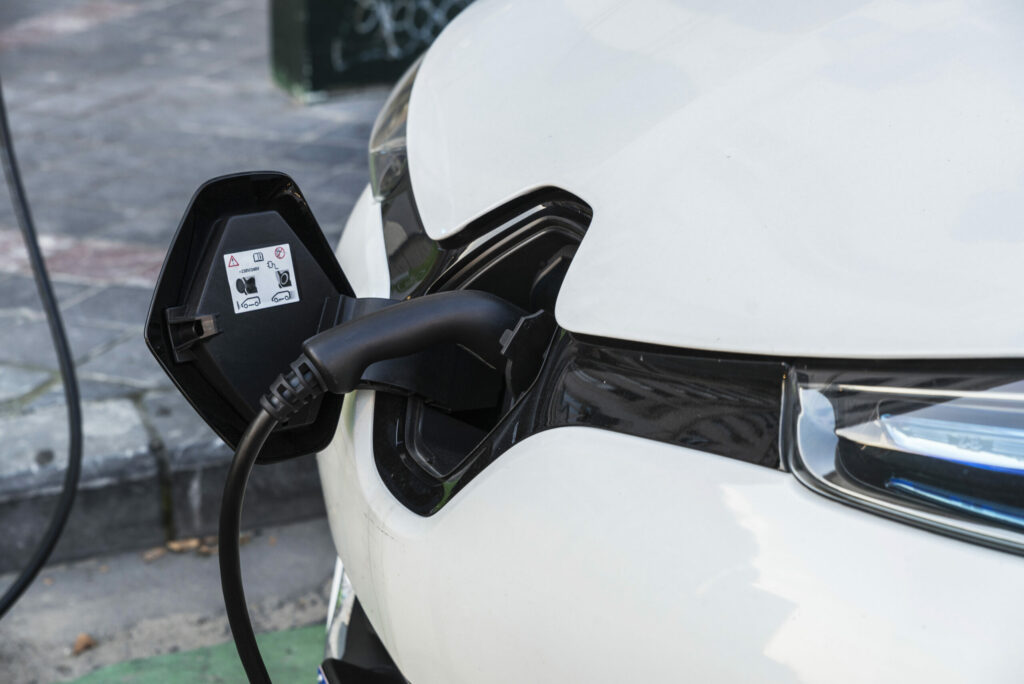
Growing pressure on Brussels
Leaders of the automotive associations, such as Ola Kaellenius and Matthias Zink, have written to Ursula von der Leyen to express their concerns. They point out that dependence on Asian batteries, high costs and uneven charging infrastructure make the 2030 and 2035 targets unrealistic. In their view, achieving a 55% reduction in emissions for cars and a 50% reduction for vans by 2030 seems compromised.
An industry weakened by global competition
In addition to European constraints, the sector is facing two major threats. Firstly, the rise of Chinese manufacturers in the electric sector. Secondly, the introduction of US tariffs, which are increasing costs. These factors, combined with Brussels’ strict rules, are threatening the competitiveness of European brands.
Towards a more diversified transition
The signatories reiterate that they remain committed to achieving carbon neutrality by 2050. However, they believe that electric vehicles cannot be the only way forward. They call for rechargeable hybrids, efficient internal combustion engines, hydrogen and low-carbon fuels to be fully integrated into the transition. Regulations must evolve to ensure that innovation is not held back.
A decisive meeting in September
Ursula von der Leyen will be meeting industry representatives on 12 September. This meeting will be crucial for striking a balance between climate ambitions and industrial realities. Several European political parties are already calling for a review of the ban on internal combustion engines scheduled for 2035. The debate on Europe’s green road has therefore only just begun.

